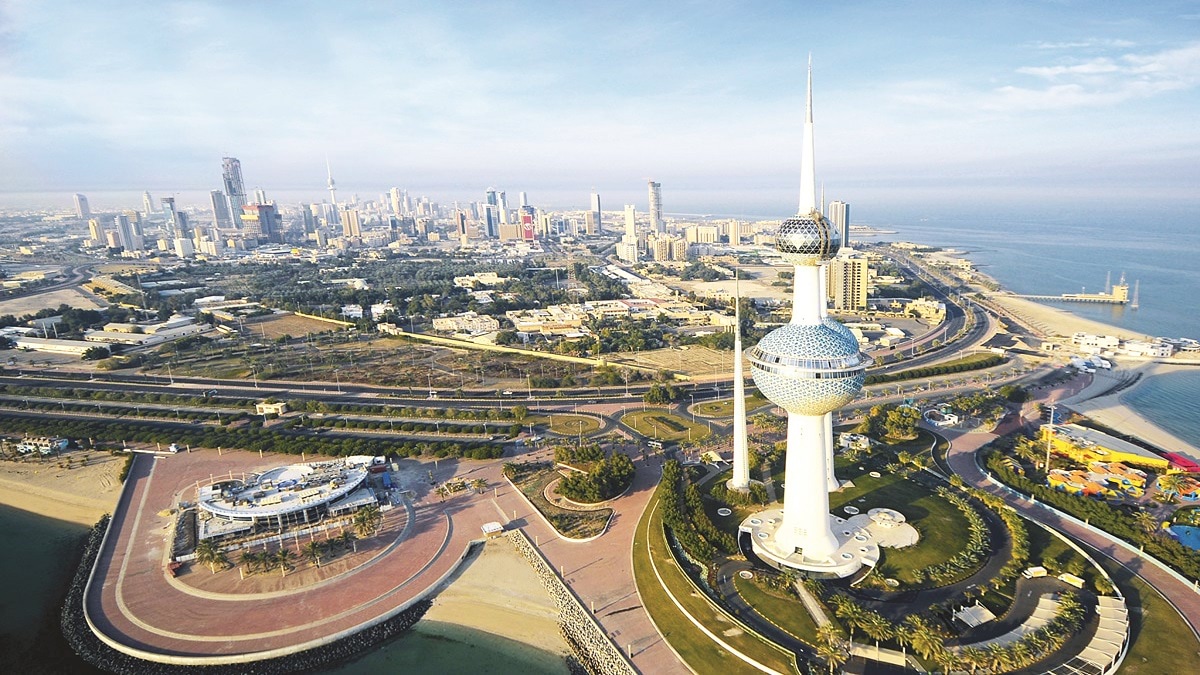Credit rating agency Standard & Poor’s lowered Kuwait’s credit rating to “A+” with a negative outlook, attributing the reason to its lack of a comprehensive financing strategy.
Kuwait suffers from several economic and financial crises that was exacerbated by the outbreak of the Coronavirus pandemic.
Standard & Poor’s says that the Kuwaiti government has not yet enacted a comprehensive strategy to boost the main source of financing the budget deficit, the General Reserve Fund, which is being depleted.
Kuwait’s credit rating
The agency indicates that it still expects the Kuwaiti authorities to adopt a loan law, or overcome parliamentary opposition and gain the ability to find other ways of alternative financing.
The continued and prolonged lack of a long-term financing strategy in Kuwait indicates credit risks more in line with the category “A” rating, Standard & Poor’s said.
The British Economist magazine said that Kuwait’s actual deficit is much less than the estimated deficit in Kuwait’s general budget for the fiscal year 2021-2022.
Despite this, the Economist said that the Kuwaiti National Assembly session to approve the budget, last week, was unstable.
It should be noted that Kuwait suffered last year due to the decline in oil revenues, which affected the state budget.
The Economist stated that the approval of government spending plans, three months after the start of the financial year, affected financial stability.
The magazine pointed out that the prolonged stalemate between the executive and legislative authorities meant that the budget was approved without modification to the draft, which was unveiled last January, and without being discussed in the National Assembly or reviewed by the relevant parliamentary committee.
The Economist believes that approving the budget will not change its expectations of shrinking the deficit from 20.9% of GDP in 2021-2020 to 8.5% of GDP in 2022-2021.
The deficit will shrink further and stabilize during the period between 2022-2025 with the easing of oil production cuts approved by OPEC, the rationalization of spending by the authorities in real terms, and the introduction of value-added tax (VAT) in 2023-2022, the magazine added.























































